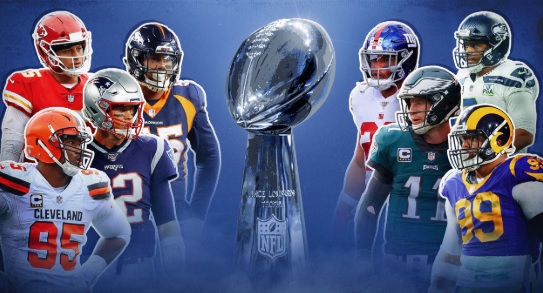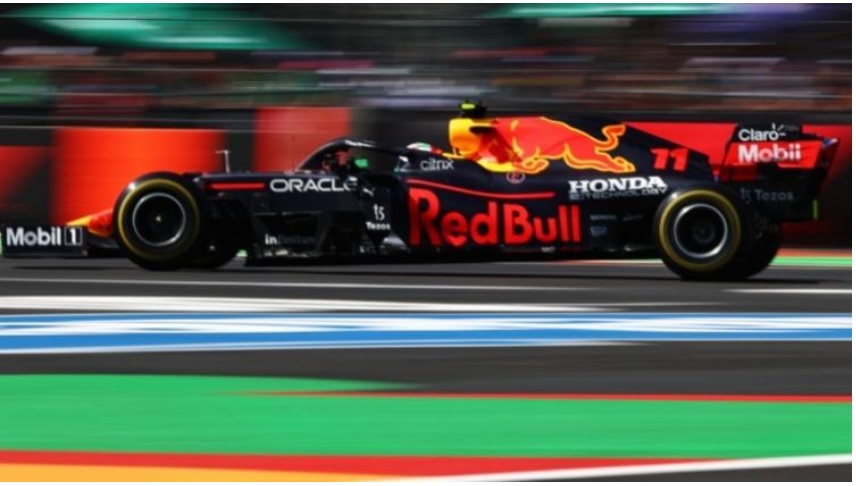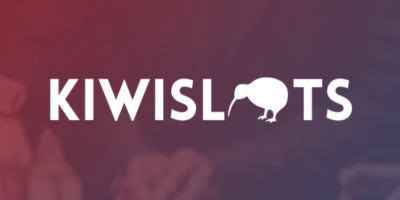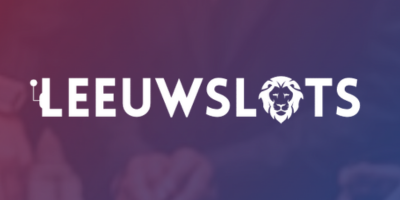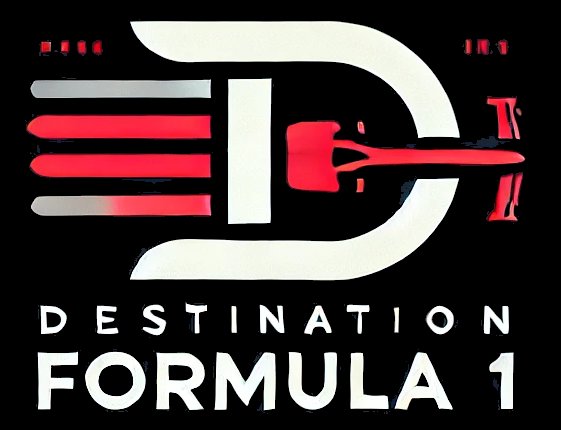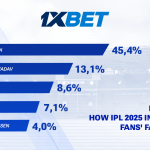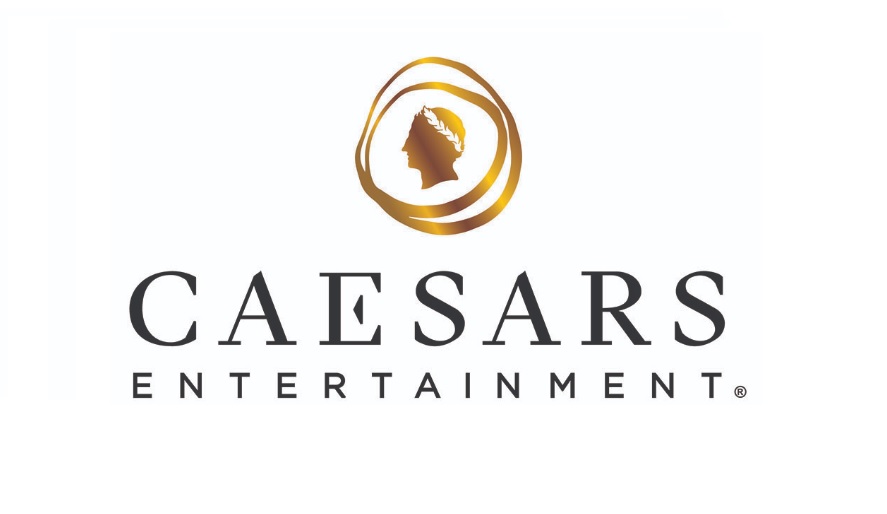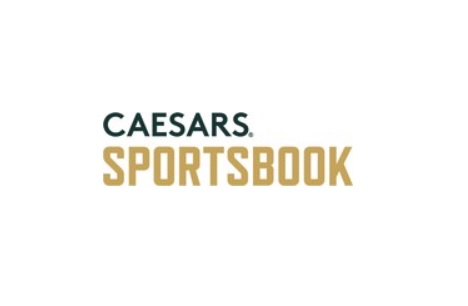The U.S. gambling market is a cash cow but the warning lights are flashing. By Tim Jotischky
More years ago than I care to remember, when I was business editor of The Telegraph, one of my reporters started writing about FOBTs. At the time, I didn’t know what they were; I didn’t understand their significance and I certainly didn’t realize that the campaign against them would end up changing the landscape of the UK betting industry.
That was back in 2013, when anti-gambling campaigners, charities, the Church of England and a group of high-profile politicians formed a powerful coalition against Fixed Odds Betting Terminals, which accounted for more than 50 percent of high-street bookmakers’ revenue.

Image: Shutterstock
By 2018, the UK government had legislated to reduce the maximum stake on FOBTs from £100 to £2. The Association of Bookmakers warned of the apocalyptic impact on their industry, predicting that thousands of betting shops would close and tens of thousands of colleagues would lose their jobs. But one of the biggest bookmakers, Paddy Power Betfair, welcomed the government’s decision, saying FOBTs had inflicted reputational damage on the industry and removing them would help bookmakers return to their roots.
The campaign against FOBTs succeeded because campaigners depicted them as “a social blight” and argued they were fueling gambling addiction amongst the most disadvantaged communities, who were being cruelly targeted, triggering a public health crisis.
The reason for delving back into history to revisit the FOBT saga is because what happened in the UK a few years ago could soon be replayed in the U.S., albeit in a different format and on a much bigger scale.
The burgeoning U.S. market
Since 2018, when the Supreme Court overturned the federal ban on sports betting, 38 states have legalized it and it has become a $280 billion marketplace, with $220 billion wagered in legal sports books – with the annual total increasing 22 percent year on year.

Image: Tim Jotischky
But calls to gambling addiction hotlines in New Jersey doubled in the four years after legalization; in Michigan, calls doubled in a month. The Gambling Helpline Network received more than 270,000 calls in 2022, a 45 percent year-on-year increase.
The emerging U.S. market is a cash cow and 2023 was reported to be a record year for the industry. Flutter’s U.S. revenue for the three months ending 31 December was $1.4 billion (£1.1 billion). The gambling giant missed third-quarter guidance by $225 million (£147 million) after a series of big wins by punters, including one Thursday-night NFL game between the Dallas Cowboys and Seattle Seahawks, which cost them $80 million (£63 million).
But the warning lights should be flashing on the dashboard. The UK’s experience gives a clue as to what will happen next: growing unease; more stories emerging of lives blighted; emotive testimony from victims; and eventually a full-blown campaign arguing that gambling has become a public health crisis on par with alcohol abuse or drug addiction.
The American Gaming Association (AGA) says the gambling industry is one of the most highly regulated in the U.S. They argue that online gambling products are designed for adults and the vast majority of their customers enjoy gambling as enjoyment.
That is undoubtedly true – but it won’t be enough to ward off the gathering storm. When it hits, it will be violent. So what does the nascent U.S. sports betting industry need to learn from the UK?
Learning from the UK experience
A few years ago, I consulted for a leading trade association in the UK gambling industry. Some of its members felt that they would never get a fair hearing from the media or politicians and believed that proactive engagement was a waste of time. They believed that the incidence of problem gambling was being exaggerated. But they did not feel their viewpoint would ever be listened to or they could do much to influence the public discourse.
But one CEO took a different view. He argued that safer gambling was not a nice-to-have, or something to pay lip service to – it had to become fundamental to the business model of everyone around the table. And that meant embedding cultural change within his business, starting from the boardroom and permeating all the way down to the most junior employee. It was not good enough to find gimmicky initiatives. A deep-seated change in relationships with customers was required.
His business became a market leader in safer gambling; moreover, it had a positive impact on their operations and customer relationships. No gambling operator wants to have problem gamblers; it is much more beneficial to build long-term relationships with customers who gamble safely and for their own enjoyment, not because they are chasing losses.
That approach should inform the way a gambling operator communicates with its customers and the entire customer journey. Safer gambling cannot become wallpaper or background noise. It needs to be fundamental to the messaging, the tools that customers are offered and their ongoing dialogue with the business.
Recently, I spoke to a challenger brand that was pioneering a new online-game game format. Its CEO recognized it had the potential to become addictive and was concerned that appropriate safeguards were put in place. However, to his frustration, his investors did not understand the implications. Perhaps because they were not British, they could not appreciate the current climate of opinion in the UK and the reputational repercussions of being seen to encourage problem gambling.
Beware the gold-rush stampede
There is a danger that some operators might adapt a similar gold-rush mentality to the U.S. market, focusing only on profit and only worrying about the possible backlash further down the line. The UK experience shows that this approach is doomed to fail. Social responsibility must be embedded in the market from the outset.
The direction of travel is clear. Operators paid more than £76 million in fines to the Gambling Commission in 2022-3, resulting from 27 enforcement cases. That compares with just three operators paying out £1.7 million because of regulatory failures in the 2016-17 financial year.
But the political costs are far higher. Having waited interminably for the government to publish a White Paper outlining its reforms to the 2005 Gambling Act, when the long-anticipated moment finally came, it became evident that a series of consultations were being launched to scope out key issues further. No business likes uncertainty, but the UK gambling sector has had to contend with regulatory uncertainty for several years. The process has become even more protracted than many operators could have imagined.
To avoid the same fate, the U.S. gambling industry needs to build a positive safer-gambling narrative, engage with government and campaigners proactively, and advocate in the media, building relationships, and alliances.
For any business, good communication begins with articulating values and purpose. Gambling operators in the U.S. who neglect this will invariably find themselves in the spotlight.
Tim Jotischky is divisional managing director, for reputation at The PHA Group, a leading PR, creative and digital agency.






